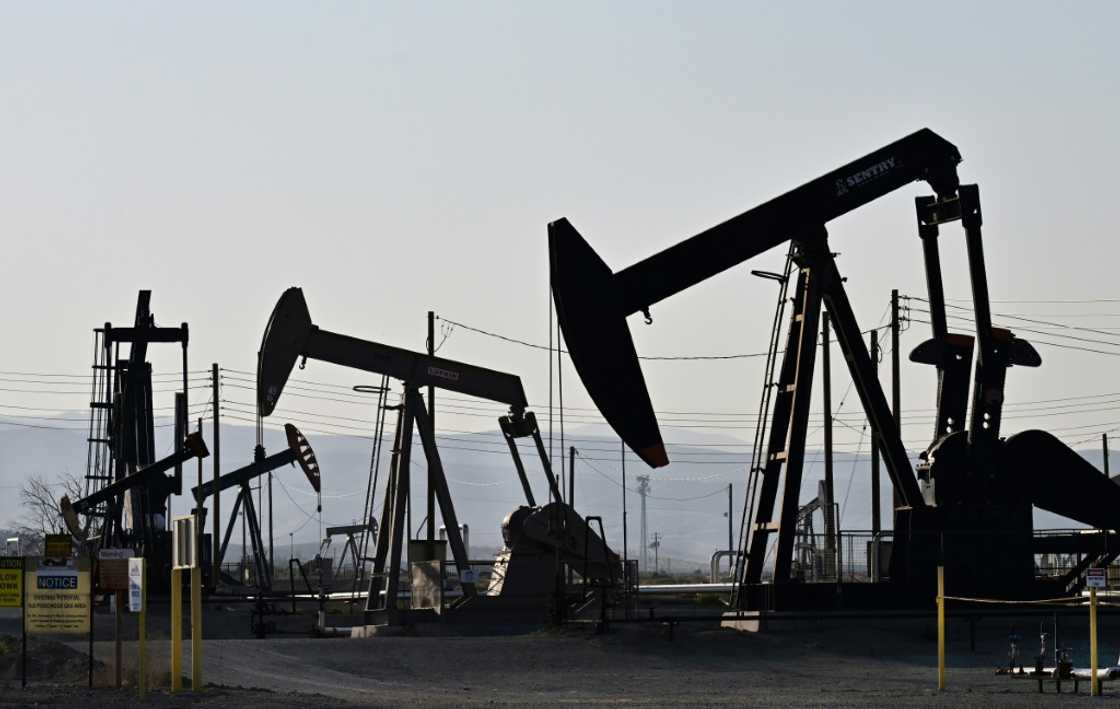World Bank expects oil glut to cause commodity price slump

Source: AFP
Do not miss an opportunity to join FREE webinar by Legit.ng. AI in Action: Practical Skills for Creative Professionals. Register here!
Global commodity prices should fall to a five-year low next year thanks to a huge oil glut, the World Bank said Tuesday, pointing to oversupply and to flat demand from China.
"Next year, the global oil supply is expected to exceed demand by an average of 1.2 million barrels per day," the Bank announced in its latest report on global commodity markets, adding that this scale of oversupply has been exceeded only twice before, in 1998 and 2020.
The expected oil glut "is so large that it is likely to limit the price effects even of a wider conflict in the Middle East," the Bank said.
It blamed the expected oversupply partly on a "major shift" underway in China, where demand for oil has flatlined on the back of rising electric vehicle sales, demand for trucks running on liquified natural gas (LNG), and a slowdown in industrial production.
The Bank said it also expects several countries not in the Organization of Petroleum Exporting Countries or its allies (OPEC+) "to ramp up oil production," fueling the oversupply and helping to push down global commodity prices by almost 10 percent by the end of 2026.
But despite the sharp decline, overall commodity prices will likely remain around 30 percent above their level in the five years before the Covid-19 pandemic.
"Falling commodity prices and better supply conditions can provide a buffer against geopolitical shocks," World Bank chief economist Indermit Gill said in a statement.
"But they will do little to alleviate the pain of high food prices in developing countries, where food-price inflation is double the norm in advanced economies," he added.
The World Bank expects food prices to fall by nine percent this year, and by an additional four percent in 2025, leaving them stuck around 25 percent above the level they were at between 2015 and 2019.
Meanwhile, energy prices are predicted to drop by six percent next year, and by a further two percent in 2026.
Source: AFP



